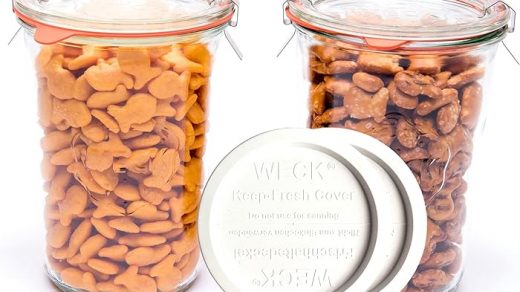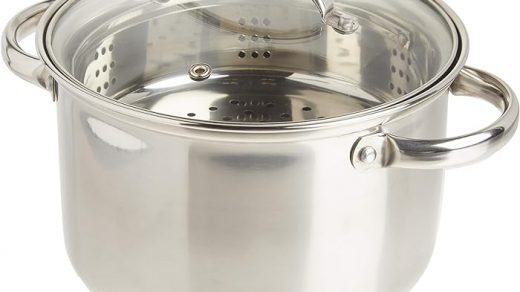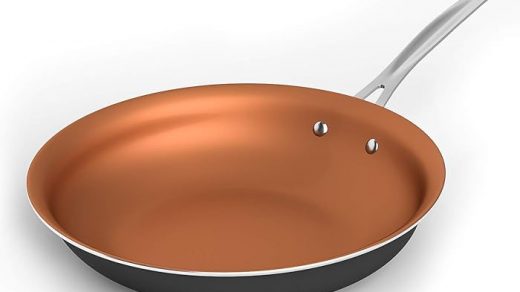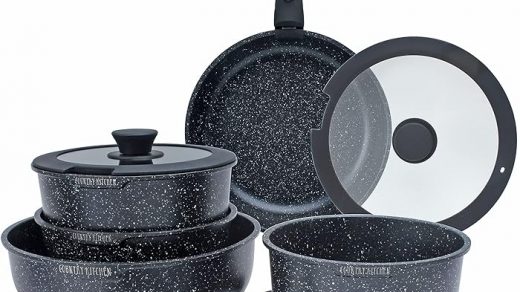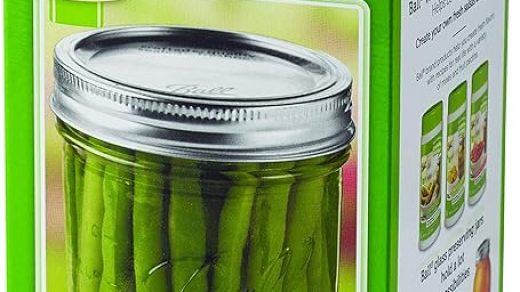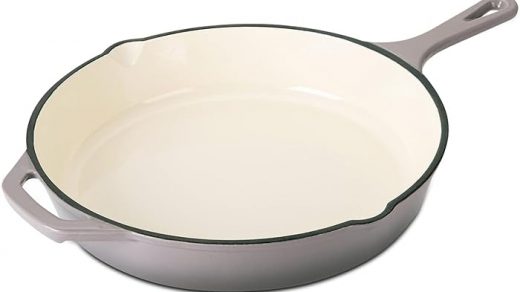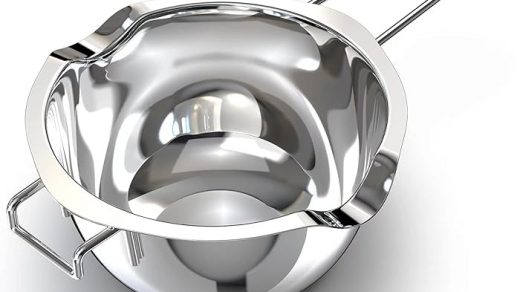Exploring the world of non-alcoholic and low-alcohol beverages, especially gin, can be an exciting journey for those aiming for a healthier lifestyle. The popularity of such drinks is on the rise, as they offer a more interesting alternative to traditional soft drinks, juices, or sparkling water. This trend caters to individuals who drink less or not at all, aligning with the cleaner lifestyle choices many are now embracing.

For example, Asda’s summer 2018 launch of a gin liqueur using the natural flavours of tart rhubarb and African ginger was a big hit. Following its success, Suffolk brewer and distiller Adnams introduced Smidgin, a low-alcohol gin described as “the little gin that is big on taste.” This product, alongside others like CleanGin and Gordon’s 0.0, reflects the growing consumer momentum towards no/low-alcohol drinks, with a 9% increase in volume consumption in 2022 compared to the previous year.
These beverages often have fewer calories and less sugar than their alcoholic counterparts, benefiting not just the waistline but overall health. Non-alcoholic gin, for instance, is crafted with the same techniques and ingredients as traditional gin but without the alcohol content. Brands like New London Light and Wild Wave have established a foothold in this niche, offering health-focused individuals a way to enjoy the taste of gin without compromising their wellbeing.
For those on specific diets, like keto, low-alcohol or alcohol-free drinks are a sensible choice. Pure spirits such as whiskey, brandy, cognac, vodka, gin, and tequila contain zero carbs and are compatible with such dietary restrictions. This makes non-alcoholic versions of these spirits an appealing option for maintaining a balanced diet without sacrificing enjoyment.

